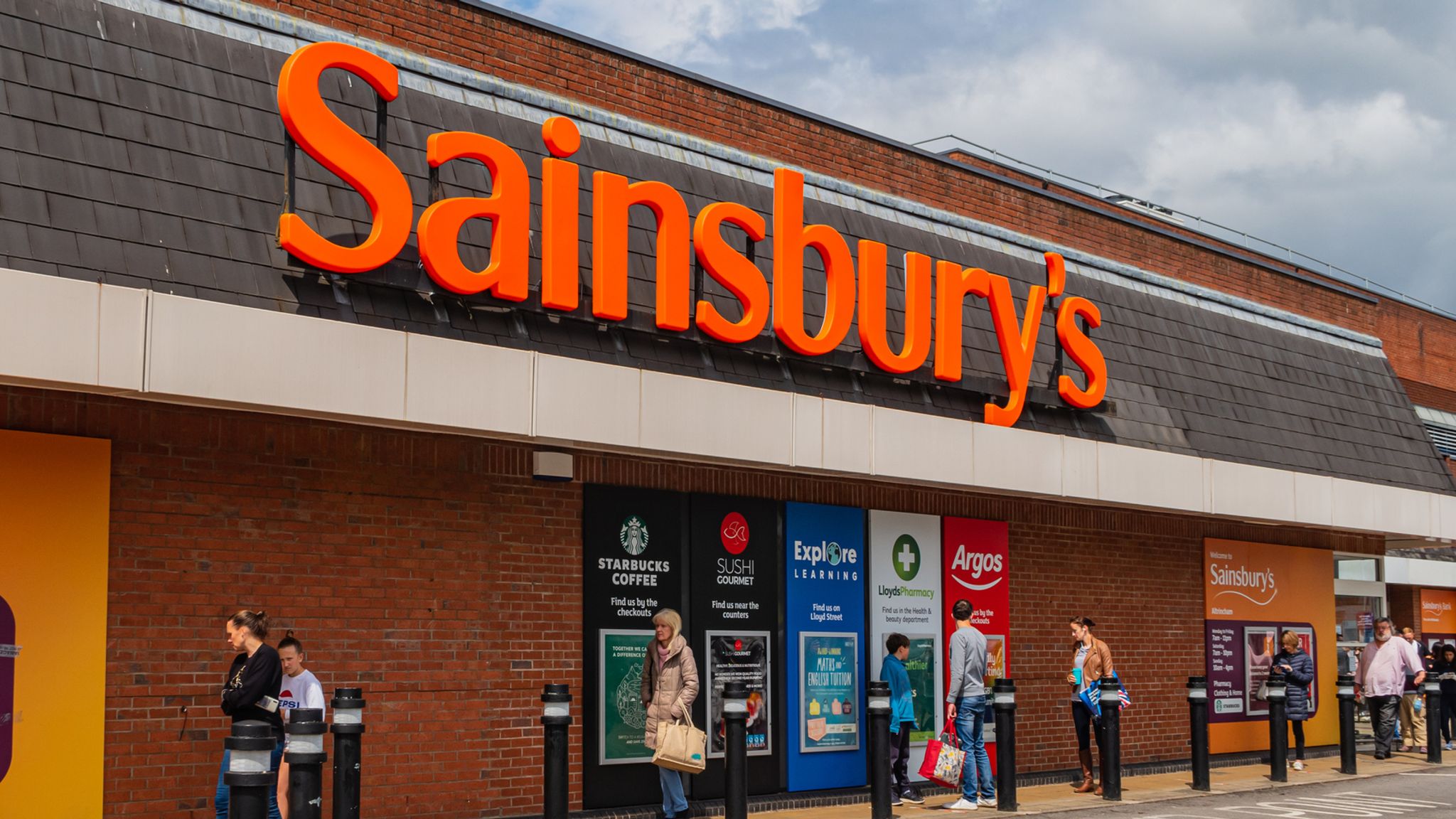
Sainsbury's to Close Cafés, Cut 3,000 Jobs in Major Restructure
Sainsbury's, one of the UK’s largest supermarket chains, has announced a significant decision to close its remaining in-store cafés, hot food counters, and pizza and patisserie sections, resulting in the loss of 3,000 jobs. This bold step is part of a larger plan to streamline operations amid rising costs and economic challenges. The company stated that these closures will simplify its business model, emphasizing that most customers rarely use these facilities.
The decision comes as Sainsbury’s confronts a "particularly challenging cost environment." The recent increase in employer National Insurance contributions, introduced in the Budget, has added pressure. The company estimates these tax changes will cost it an additional £140 million annually starting in April. While Sainsbury's had already planned a £1 billion cost-saving initiative, this restructuring underscores the growing challenges faced by businesses in the current economic climate.
Also Read:- Fenerbahçe and Lyon Prepare for a Europa League Showdown
- Trump Revokes Security Details for Ex-Officials Despite Persistent Threats
Sainsbury’s Chief Executive, Simon Roberts, highlighted the difficult choices the company faces to remain efficient while maintaining momentum. Despite reporting strong Christmas sales and projecting annual profits to exceed £1 billion, Roberts has been vocal about the impact of escalating costs. These challenges are not just limited to Sainsbury’s; industry experts suggest the retail sector as a whole may experience similar cuts.
The closures will affect 61 cafés across the country, alongside roles at the company’s head office and senior management levels. In contrast, the supermarket has committed to raising average hourly pay by 5% for store employees, implemented in phases to navigate the tough financial environment.
The Unite union has criticized the decision, accusing Sainsbury's of prioritizing profits over employees. Meanwhile, the government defends its tax measures, arguing they are necessary for long-term economic stability.
For customers and employees alike, the closure marks a significant shift in Sainsbury’s operations. While the company assures efforts to support affected staff, this move signals a broader trend in retail, where rising costs are forcing tough decisions. As this chapter unfolds, it raises questions about the balance between profit, employee welfare, and customer service in today’s economic landscape.
Read More:



0 Comments